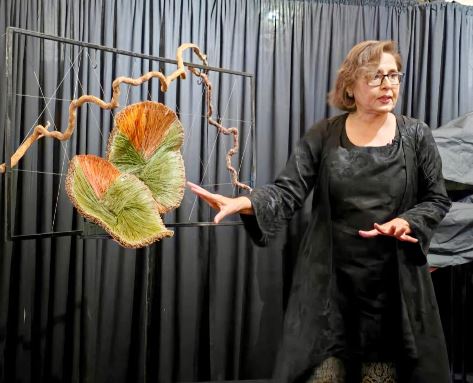KARACHI: (DNA) – The International Cricket Council (ICC) has scrapped a controversial boundary counting rule from super-over regulation that helped England win the World Cup 2019 final against New Zealand.ICC faced severe criticism from various quarters after the winner of the ICC World Cup 2019 was decided on the number of boundaries hit by a team after New Zealand and England, both were tied in 50 over competition and the super-over tiebreaker.
Now, the ICC has decided to scrap the boundary rule. However, super over will still be played and in event of a tied super over, another super over will be played.
“Following on from a recommendation from the ICC Cricket Committee, the Chief Executives’ Committee agreed that use of the Super Over as a way to decide results at ICC events will be retained. Both the Cricket Committee and CEC agreed it was an exciting and engaging conclusion to the game and will remain in place covering all games at both ODI and T20I World Cups,” said a statement from ICC at the conclusion of its meeting in Dubai.
“In group stages, if the Super Over is tied the match will be tied. In Semi-Finals and Finals, there is one change to the Super-Over regulation in keeping with the basic principle of scoring more runs than the opponent to win, the Super Over will be repeated until one team has more runs than the other,” it added.
The ICC, in its meeting, also decided to increase the number of ICC events in its next eight-year cycle commencing in 2023.
The decision will see ICC hosting a major men’s and women’s event every year. The eight-year cycle of 2023 to 2031 will comprise eight Men’s events, eight Women’s events, four Men’s U19 events, and four Women’s U19 events.
ICC chairman Shashank Manohar said that the ICC board felt a major Men’s and Women’s event each year will bring consistency to the calendar whilst complementing bilateral cricket, giving the sport a strong future foundation.
The board has also agreed to introduce women’s U19 T20 competition and the first edition of the tournament will be played in Bangladesh in 2021.
The prize money for ICC women’s events is also increased by $2.6 million.
“The increase follows a rise in the revenue generated by the sport, a proportion of which is assigned to prize money,” said the spokesperson of ICC.
The winners and runners up in the ICC Women’s World T20 to be played in Australia next year will now receive $1 million and $500,000 respectively with is five times the amount on offer in 2018.
“An overall 320% increase in the prize pot for 2020 (compared to 2018) will see every single one of the 10 competing teams receive significantly more as part of ongoing efforts to drive improved standards throughout the game and not just rewarding the top end,” the ICC spokesperson added.
ICC further added that there will also be a substantial increase in the money available for the ICC Women’s World Cup 2021 with the prize pot increasing to $3.5m from $2m in 2017.
The ICC has also re-admitted Zimbabwe and Nepal as ICC members which will now allow cricket teams from both the countries to feature in the next ICC events.
“Zimbabwe was readmitted by the ICC Board following a meeting with the ICC Chairman and Chief Executive, Zimbabwe Cricket Chairman Tavengwa Mukuhlani and Zimbabwe Sports Minister Kirsty Coventry and Gerald Mlotshwa, the Chairman of the Sports and Recreation Commission. They had been suspended in July 2019 following government interference in the running of the Board,” ICC said.
“Nepal has also been reinstated on a conditional basis following its 2016 suspension for breach of the ICC regulations which prohibit government interference and require free and fair elections. Election of a 17-member Central Working Committee for the Cricket Association of Nepal was completed earlier this month and paved the way for the re-admittance of the CAN,” it added.
Meanwhile, the ICC has included Pakistan Cricket Board’s chairman Ehsan Mani of recently established Governance Working Group. The group will be chaired by Earl Eddings from Cricket Australia and it will consider future governance structure of the ICC.











